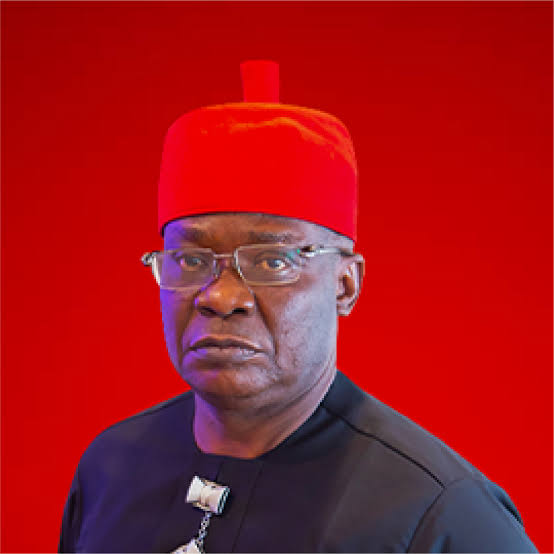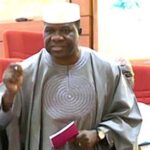The Peering Advocacy and Advancement Centre in Africa (PAACA) has opposed a proposed bill in the House of Representatives seeking to impose a 60-year age limit for presidential, governorship, and deputy governorship candidates.
PAACA described the proposal as an infringement on democratic principles and constitutional rights.
Speaking to journalists in Abuja, PAACA Executive Director, Ezenwa Nwagwu, criticized the bill, arguing that democracy should be inclusive rather than restrictive.
Nwagwu urged lawmakers to focus on strengthening democratic institutions and ensuring fair electoral processes rather than imposing restrictive measures that could undermine democratic participation
“A democracy should be about inclusivity, not exclusion. Denying anyone the right to contest based on age alone shrinks the democratic space rather than expanding it, in deed the progressive and radical consideration should be removing age limits for voting and being voted for,” he stated.
The bill, which recently passed its second reading in the House, seeks to bar individuals above 60 years from contesting presidential and governorship elections.
However, Nwagwu questioned the rationale behind the proposal, stating that there is no evidence to suggest that younger leaders perform better than older ones.
“At a time when there is a strong call for expanding the democratic space, lawmakers should not be narrowing it. Leadership should be about competence, vision, and the ability to deliver, not arbitrary age limits,” he added.
A section of the bill also stipulates that “a person shall be qualified for election to the office of the President if he has been educated up to at least university level and has earned a Bachelor’s degree in his chosen field of study.”
Nwagwu, however, argued that educational qualifications do not necessarily guarantee good governance or better performance in office.
He pointed out that the drafters of the 1999 Constitution deliberately set the educational requirement at the ability to read and write to promote inclusivity.
“There are countless examples of individuals with high academic qualifications who have failed in leadership, just as there are those with minimal formal education who have excelled. The focus should be on capacity, integrity, and competence,” he emphasized.
Beyond the age limit and educational requirements, Nwagwu also raised concerns about another proposed bill seeking to conduct all elections in Nigeria on a single day.
While acknowledging the need for electoral reforms, he cautioned against rushing into changes without adequate preparation.
“Trying new approaches in our democratic experience is good, but we must be careful not to erode some of the gains already made. The crisis of elections in Nigeria can not be said to be necessarily because they are staggered; rather, it is due to the manifest attitudes of stakeholders, including politicians, electorates, security agencies, and electoral officials,” he said.
Nwagwu highlighted the infrastructural challenges that make conducting elections in one day difficult, if not impossible, particularly in backwater communities and suburbans
“Sometimes, people make these proposals from an urban lens. The reality is evidently different in many parts of Nigeria. There are communities where people travel for hours by boat. Motorcycles and donkeys just to cast their votes. We do not yet have the logistical and infrastructural capacity to conduct elections in one day without disenfranchising voters,” he warned.



